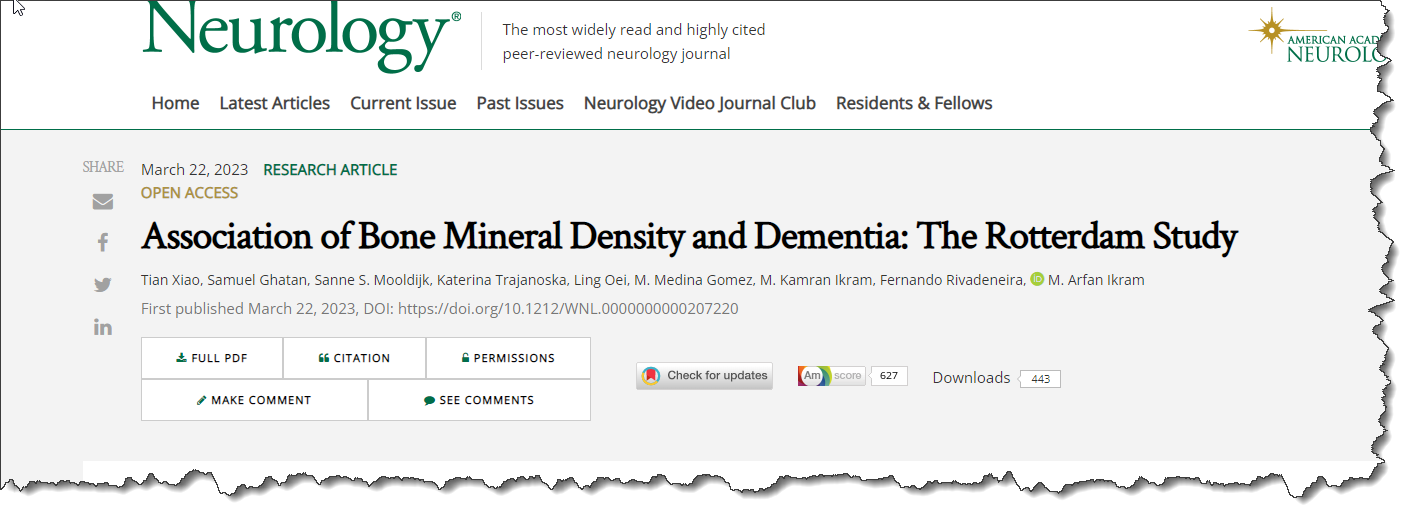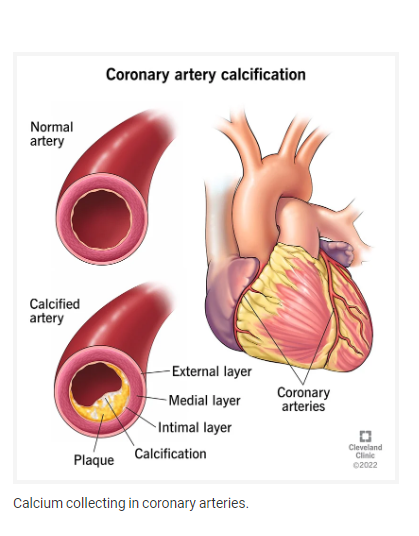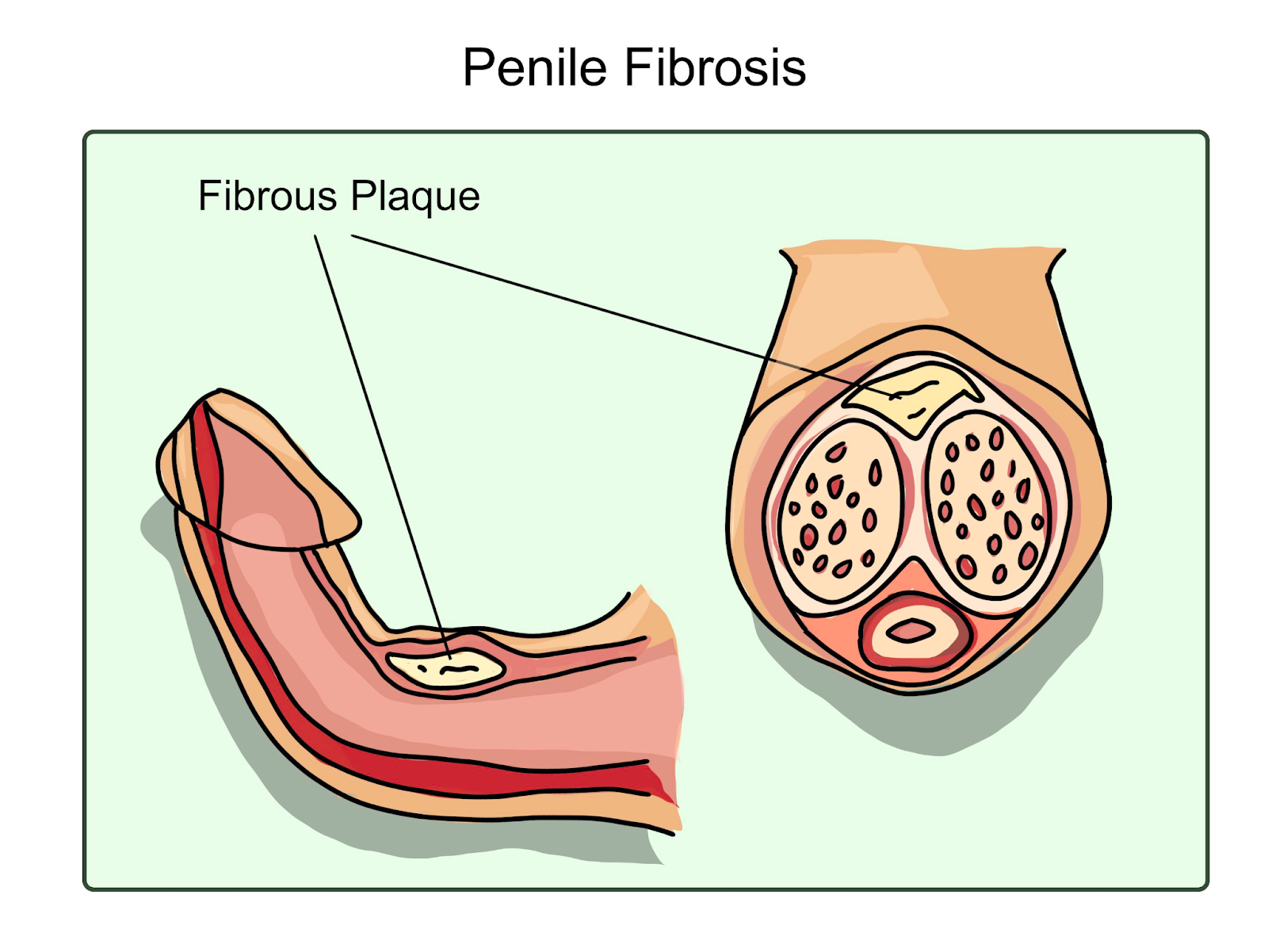
It can also cause calcification in the arteries — even down there!
Unsubscribe | Report as spam | Change email preferences
Beware… this increases your risk of dementia by 42%!

If you read my newsletters, then you know that sexual health and physical romance is one of the most important things in my life.
Good sex makes a huge difference to life satisfaction.
One of my other big priorities is brain health.
I’ve been with family members who have suffered dementia and it’s a pretty miserable experience to live through…
…and to care for someone who has dementia and other brain problems.
I think that the study that I’m going to show you today speaks to both of these issues.

A study published in the American Academy of Neurology gives an interesting theory on one of the ways you can help to prevent dementia…
Make sure you keep your bone density up.
The researchers believe that maintaining good bone density may help preserve brain health and prevent cognitive decline.
This is particularly important given the high prevalence of dementia and osteoporosis in older adults.
“However, little is known about bone loss that occurs in the period leading up to dementia. Our study found that bone loss indeed already occurs before dementia and thus is linked to a higher risk of dementia.”
I think that the reason that bone density and brain health are so closely related is because when bones get less dense, they lose calcium.
That calcium then ends up in the soft tissues of the body.
That’s what happens when your arteries “harden.”
Coronary artery calcification is an indicator of coronary artery disease and can give your healthcare provider information to help them assess your cardiovascular risk. Good blood flow is crucial in your coronary arteries because they supply oxygen-rich blood to your heart muscle. If blood can’t get through your coronary arteries, it can lead to chest pain and/or a heart attack.
Calcium builds up in them and causes cardiovascular health problems.

But this calcification isn’t limited to just your arteries…
I believe that it also happens in your brain and other organs as well — including your manhood!
Hardening of your blood vessels can cause erections problems and other sexual dysfunction issues.
It’s all related.
As you lose bone mass, that calcium goes somewhere…
And it can cause major long term health problems along the way.
In this study, people with the lowest bone mass were 42% more likely to develop dementia than people in the highest bone mass group.
That’s a huge difference.
After adjusting for factors such as age, sex, education, other illnesses and medication use, and a family history of dementia, researchers found that within 10 years, people with the lowest total body bone density were 42% more likely to develop dementia than people in the highest group.
Thankfully, it’s easy to keep your bone density high and lower your risk for other long term health problems.
Personally, I also make sure I stay physically active — exercise is proven to help with bone density.
Bones aren’t sexy to talk about and many men don’t think that bone density is important…
But the reality is that how healthy your bones are affects your overall health — and sexual health — in a big way.
—-Important Message—-
Check your member right now for fibrosis

Some men have a bump, bend, or lump in their members.
You can feel yours now to see if you have one.
That’s fibrosis built up in the penile chambers, blocking off blood flow.
But here’s the thing — plenty of men won’t have this lump or bend…
But they’ll still have fibrosis.
Only severe cases result in bends, lumps, or curved members.
The good news is that penile fibrosis can be reversed, easily, using something as simple as a toothbrush…
——–

